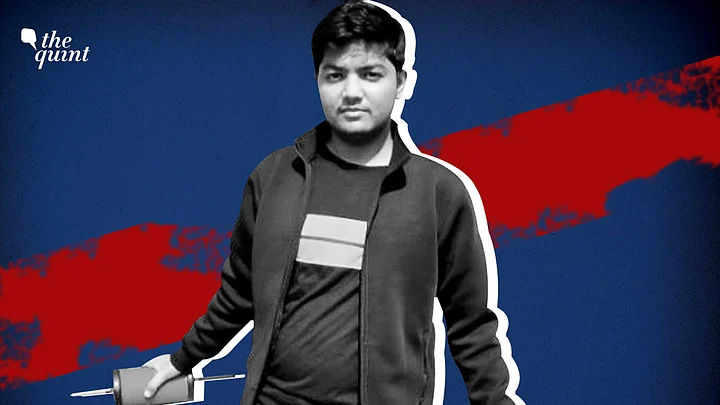The death of Darshan Solanki, a first-year BTech student at the Indian Institute of Technology Bombay (IIT-B), has reignited discussions around caste discrimination and harassment on campus.
The 18-year-old from Ahmadabad, who died by suicide on Sunday, 12 February, belonged to a Scheduled Caste.
Sukhdeo Thorat, economist and former chairperson of the University Grants Commission (UGC), said that the higher educational institutions have not shown much initiative in addressing the discrimination faced by lower caste students on campus.
In 2006, the Government of India had constituted a three-member committee, under the chairmanship of Thorat, to look into the allegations of differential treatment meted out to the Scheduled Caste and Scheduled Tribe students at the All India Institute of Medical Sciences (AIIMS). The committee, in its report submitted in 2007, had made a number of recommendations to address the issue of caste discrimination and urged AIIMS to take steps to improve student-student and student-teacher relations.
While speaking to The Quint, Thorat stressed the need to introduce a compulsory course for first-year students to sensitise them about caste, gender, ethnicity, etc, on the lines of Civic Engagement or Civics 101 course in the United States.
He said,
"Students come to the campus with prejudices around gender, caste, minority religion, etc, which they may have learned at home or in society. Therefore, the universities need to introduce a compulsory course that talks about discrimination openly. We speak about the need for equality but our habit is to push any discussion about what goes on in society to the background. Students need to be made aware about discrimination, there needs to be a frank discussion about it in the classroom so that they unlearn the prejudices they may have come with."
Along with the course, Thorat spoke about the need to organise workshops, seminars and other initiatives to discuss various forms of discrimination.
Further, following the guidelines issues by the UGC in 2012, Thorat said that all higher educational institutions should set up equal opportunity cells and appoint an anti-discrimination officer.
Supreme Court lawyer Disha Wadekar told The Quint that indirect forms of discrimination are pervasive but both the legal system and the law are not equipped to deal with them. She stated that the proposed Rohith Act, which many activists were demanding after the suicide of University of Hyderabad PhD scholar Rohith Vemula, were supposed to address this but that demand was never fulfilled.
Wadekar also said that all higher educational institutions must set up equal opportunity cells as per the guidelines of the UGC and these cells must get appropriate funding. She also asserted that student activism on campus is necessary for Bahujan students to feel a sense of solidarity and to have a platform to air their grievances.
